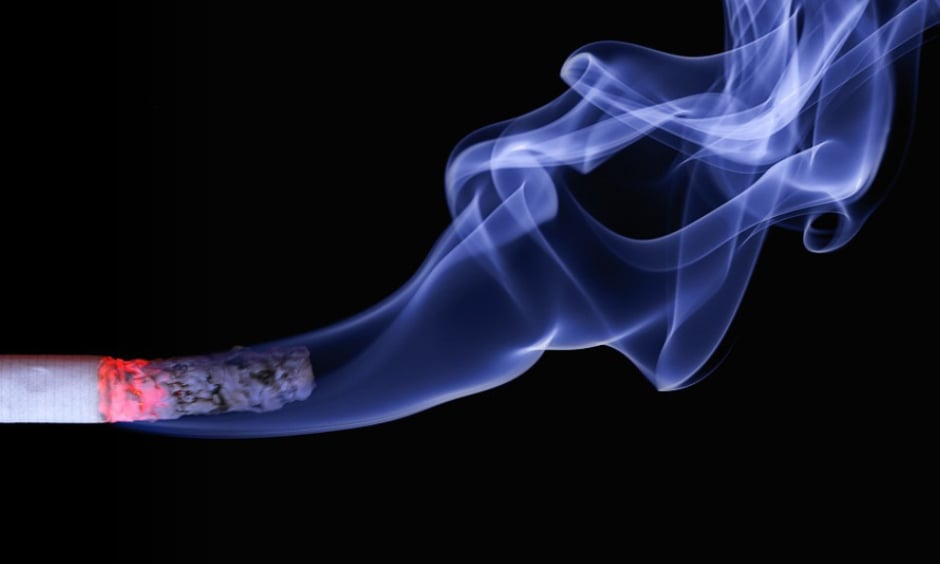RHEUMATOID ARTHRITIS (RA) is influenced by many factors, including alcohol consumption, smoking, and obesity. However, until recently no study had explored the relationship between smoking and the response to the drug rituximab. Now, for the first time, a European research cohort has shown smoking status to have no effect on the effectiveness of the drug rituximab.
Using data from the CERERRA international rituximab cohort, the researchers examined 2,481 RA patients, 528 of whom were smokers and 1,953 whom were not. Notable differences existed at baseline between these two study groups: smokers were more often male and rheumatoid factor (RF)/anti-citrullinated protein antibody (ACPA) positive, with a shorter disease duration, and lower Disease Activity Score 28 (DAS28) and Health Assessment Questionnaire (HAQ). They were also more likely to have received a higher number of biological disease-modifying antirheumatic drugs and to be simultaneously receiving conventional synthetic disease-modifying antirheumatic drugs (csDMARD).
At 6 months, disease activity had decreased less in the smoking group compared to the non-smoking group (△DAS28=1.5 versus 1.7; p=0.006), though this was not statistically significant after correction for baseline (p=0.41). Likewise, the European League Against Rheumatism (EULAR) good response rates were not different between the two groups, both overall and when stratified by RF/ACPA status; however, smokers did experience lower good response rates among seronegative patients (ACPA-negative: 6% versus 14%, RF-negative: 11% versus 18%). EULAR good response rates could not be predicted via smoking status (odds ratio: 1.04, 95% confidence interval: 0.76–1.41); however, ACPA, DAS28, HAQ, and csDMARD were all significant predictors of good response. This overall cohort showed that smokers starting rituximab have shorter disease duration and lower disease activity, as well as more previous treatments, when compared to non-smokers.
Ultimately, this study shows that, for RA patients treated with rituximab, smoking is a not a significant predictor of response. The complete relationship between smoking and RA remains to be elucidated and this study will be important in guiding further research.








